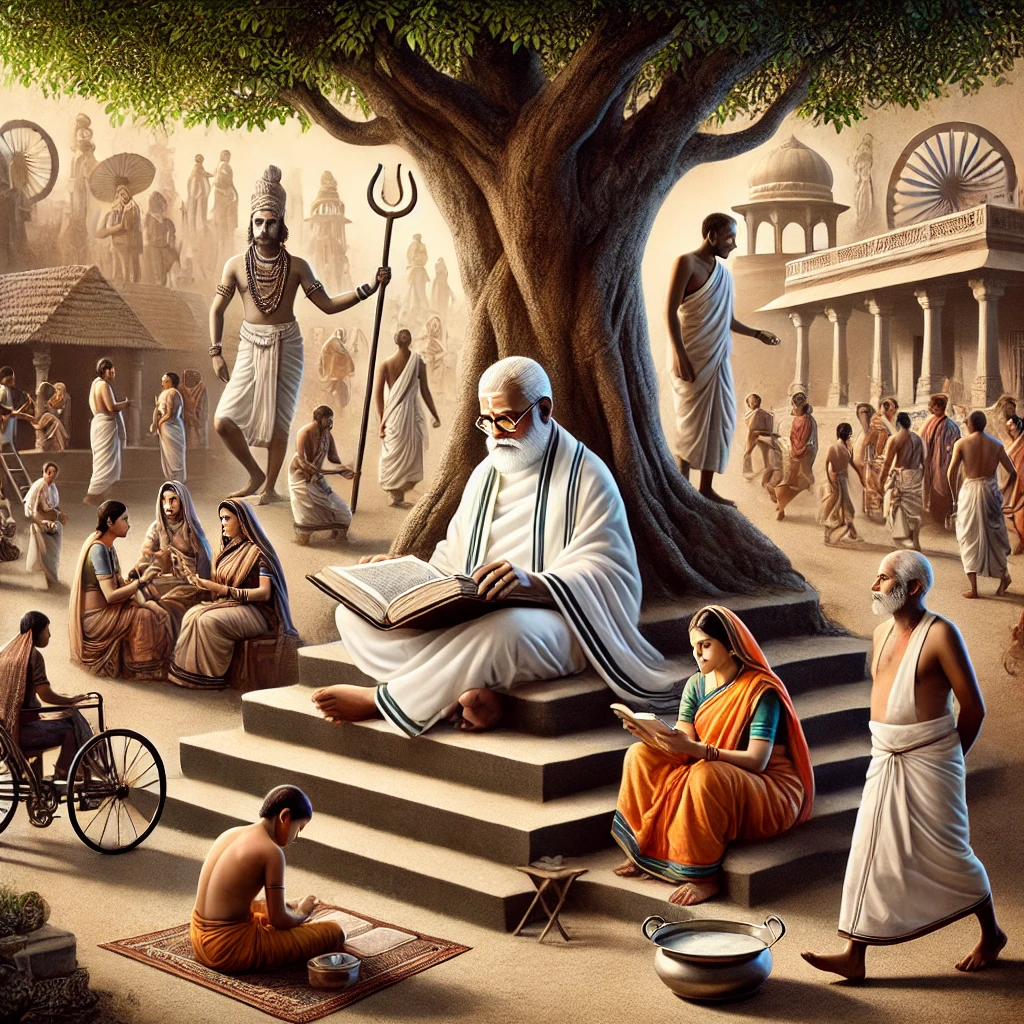Marriage is one of the oldest and most universally recognized social institutions in human history. Across cultures, religions, and civilizations, marriage has played a pivotal role in shaping human relationships, fostering social stability, and promoting societal values. While its form and function have evolved, marriage remains significant in modern society. This essay explores the importance of marriage from emotional, social, cultural, economic, and spiritual perspectives.
Emotional Importance of Marriage
Marriage is fundamentally a bond between two individuals, often built on love, trust, and commitment. It provides a framework for deep emotional intimacy and support, which are vital for human well-being.
- Companionship: Humans are social beings who seek companionship. Marriage offers a long-term partnership, ensuring individuals do not feel isolated. It provides someone to share life’s joys, challenges, and uncertainties.
- Emotional Security: A stable marital relationship fosters a sense of emotional security. Knowing that there is someone who accepts, loves, and supports you unconditionally contributes significantly to mental well-being.
- Mutual Growth: Marriage creates opportunities for personal and collective growth. Partners learn to navigate conflicts, adapt to each other’s differences, and work towards shared goals, which strengthens emotional resilience.
- Mental Health Benefits: Studies have shown that individuals in happy marriages often have better mental health than those who are single or in unstable relationships. The emotional support provided by a spouse can mitigate stress, anxiety, and depression.
Social Importance of Marriage
Marriage is not just a personal contract but a social institution with broader societal implications. It acts as a foundation for family and community structures.
- Family Building: Marriage is traditionally seen as the primary means of starting a family. It creates a stable environment for raising children, ensuring they grow up with emotional, financial, and moral support.
- Social Stability: Societies with strong marital institutions often exhibit greater stability. Marriage fosters a sense of responsibility and accountability among individuals, reducing tendencies toward social deviance.
- Cultural Continuity: Marriage ensures the transmission of cultural, religious, and societal values from one generation to the next. It acts as a bridge connecting individual identity to the larger community.
- Social Networks: Married couples often form extensive social networks, connecting families, friends, and communities. These networks provide emotional and logistical support, enriching social lives.
Cultural and Traditional Importance
Cultural norms and traditions often place great emphasis on marriage, seeing it as a rite of passage and a key element of human existence.
- Cultural Identity: Marriage rituals and customs vary widely but are deeply rooted in cultural identity. Participating in these ceremonies connects individuals to their heritage and strengthens communal bonds.
- Symbolism of Commitment: Marriage symbolizes a lifelong commitment, which is celebrated and respected within many cultures. This public affirmation strengthens the trust and accountability between partners.
- Preservation of Traditions: Through marriage, families uphold traditions, religious practices, and societal values. It reinforces the cultural fabric of communities and nations.
Economic Importance of Marriage
Marriage also has significant economic implications, offering stability and security to both individuals and societies.
- Pooling Resources: Married couples combine their resources, leading to economic stability. Shared income and savings can result in better financial planning and investment opportunities.
- Support System: In times of financial crisis, a spouse can provide much-needed economic support. This reduces the burden on individuals and ensures resilience against economic hardships.
- Wealth Creation: Marriage often facilitates wealth creation by encouraging joint property ownership, financial planning, and long-term investments.
- Societal Economic Benefits: Stable marriages contribute to economic growth by reducing dependency on social welfare systems. Children raised in stable households tend to perform better academically and economically, further benefiting society.
Spiritual and Religious Importance
For many, marriage is a sacred bond with profound spiritual and religious significance.
- Sacrament or Covenant: In many religions, marriage is considered a divine covenant or sacrament, symbolizing unity, love, and faithfulness. It is seen as a way to fulfill divine purposes.
- Moral Framework: Marriage often establishes a moral framework for relationships. It defines the responsibilities and expectations of partners, fostering virtues like patience, forgiveness, and selflessness.
- Spiritual Growth: A committed marital relationship encourages spiritual growth. Partners often inspire each other to lead meaningful lives, aligned with spiritual or religious values.
- Community Blessings: Religious and spiritual communities often celebrate and bless marriages, reinforcing their significance and providing couples with a sense of belonging and purpose.
Challenges and Adaptations in Modern Marriage
Despite its importance, marriage is not without challenges. Changing societal norms, individual aspirations, and economic realities have reshaped the institution of marriage.
- Evolving Roles: Traditional gender roles in marriage are being redefined, leading to more equitable partnerships. Couples now prioritize mutual respect and shared responsibilities.
- Changing Perceptions: Marriage is increasingly viewed as a personal choice rather than a societal expectation. Many prioritize career, education, or personal growth before committing to marriage.
- Diversity of Unions: Modern marriage recognizes diverse unions, including same-sex marriages and partnerships without legal formalities. This inclusivity highlights the evolving understanding of love and commitment.
- Challenges of Modern Life: Issues like financial stress, work-life balance, and digital distractions can strain marriages. However, couples who actively work on their relationships can overcome these challenges.
Marriage is a cornerstone of human society, valued for its ability to provide emotional support, social stability, cultural continuity, economic security, and spiritual growth. While the institution of marriage continues to evolve, its core principles of love, commitment, and partnership remain timeless. By adapting to modern challenges and embracing diversity, marriage retains its relevance as a vital institution that shapes individuals, families, and communities.












